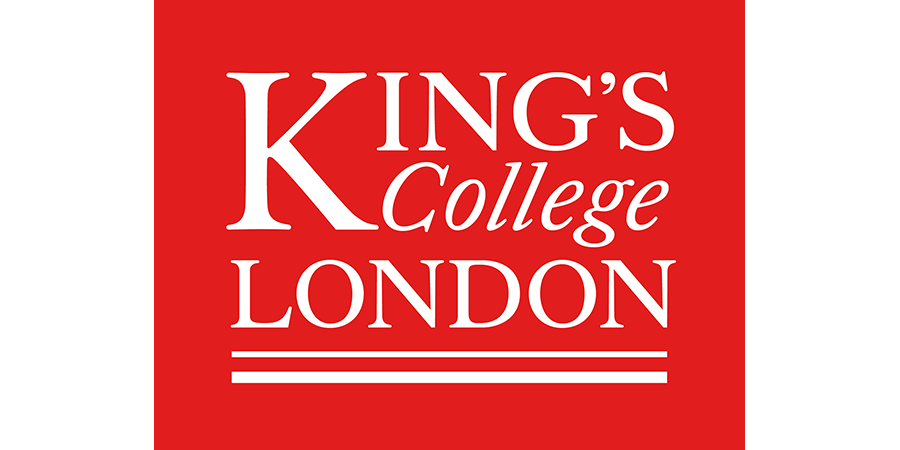Research Associate
King's College London - Department of Infectious Diseases
| Location: | London |
|---|---|
| Salary: | £45,031 per annum, including London Weighting Allowance. Grade 6 |
| Hours: | Full Time |
| Contract Type: | Fixed-Term/Contract |
| Placed On: | 25th September 2025 |
|---|---|
| Closes: | 8th October 2025 |
| Job Ref: | 126165 |
About the role
The Odendall Laboratory investigates innate immune responses to enteric bacterial pathogens, with a particular focus on the pathways that integrate microbial detection with inflammatory signalling. Our aim is to understand how pathogens such as Salmonella and Shigella are sensed by host cells, and how bacteria subvert these processes to promote infection.
Among these regulatory nodes are calcium-regulated kinases, including the calmodulin-regulated kinase CaMKII, which we and others have found to be activated during infection and targeted by bacterial effectors (Alphonse et al, Cell 2022). Our recent work shows that CaMKII is required for signalling downstream of multiple innate immune receptors, highlighting it as a central node in the host–pathogen interface.
We are seeking a motivated and driven Postdoctoral Research Associate with a strong cell biology and molecular microbiology skillset to lead a high-impact project investigating how calcium-regulated kinases control cell signalling pathways during infection and how pathogens manipulate these processes. The post-holder will develop an independent research project using molecular and cellular approaches to map infection-driven signalling networks. They will have opportunities to employ advanced live-cell imaging in collaboration with the Advanced Microscopy platform at the Francis Crick Institute, as well as transcriptomic and proteomic approaches to define the downstream pathways controlled by these kinases.
The successful candidate will join a team within the Department of Infectious Diseases, a collaborative and supportive environment with strong links across King’s and the Francis Crick Institute. Applicants should hold a PhD in cell biology, molecular microbiology, or a related discipline. Experience with mammalian cell culture and molecular biology is essential, and expertise in advanced fluorescence microscopy is strongly desired. A strong interest in innate immunity and host–pathogen interactions, and the ability to work both independently and collaboratively, are essential. The candidate will be expected to contribute data and writing to peer-reviewed manuscripts and will be supported for applications for independent fellowships towards the end of the post.
This is a full-time post (35 hours per week), and you will be offered a fixed-term contract for 2 years.
About You
To be successful in this role, we are looking for candidates to have the following skills and experience:
Essential criteria
- PhD in cell biology, molecular microbiology, or a related discipline *
- Strong research track record, evidenced by peer-reviewed publications or preprints
- Experience with mammalian cell culture and molecular biology techniques
- Demonstrated expertise in cell signalling or infection biology
- Proven ability to design, implement, and analyse experiments independently
* Please note that this is a PhD level role but candidates who have submitted their thesis and are awaiting award of their PhDs will be considered. In these circumstances the appointment will be made at Grade 5, spine point 30 with the title of Research Assistant. Upon confirmation of the award of the PhD, the job title will become Research Associate and the salary will increase to Grade 6.
Desirable criteria
- Experience with advanced fluorescence microscopy (e.g. live-cell imaging, FLIM/FRET, biosensors)
- Experience with bacterial infection models (Salmonella, Shigella, or similar)
- Experience with omics-based techniques (e.g. phosphoproteomics, transcriptomics)
- Skills in computational analysis of imaging or omics datasets
Advert information
Type / Role:
Subject Area(s):
Location(s):









